

The Walrus 2021 Year in Review
Sections: Reach, Relationships, Resilience | The Walrus Events | At a Glance | The Facts | Health | Politics | Science and the Climate Crisis | Business and Technology | Up Next | Justice and Society | Arts and Culture | Literature and Poetry | Fellowships and Education | Reach and Impact | Awards and Accolades | Celebrating Canada’s Conversation | The Walrus Lab | Donor, Board, Committee, and Staff Listings
Reach, Relationships, Resilience
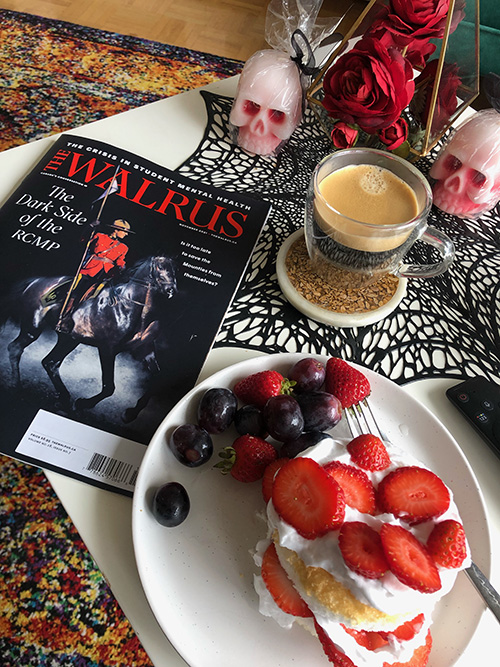
The pandemic taught us that extraordinary challenges present extraordinary opportunities. While 2021 represented a hold-steady year for The Walrus, in many ways, it gave us the opportunity to test our collective resilience, recalibrate our operation, focus on growth, and reach into 2022 and beyond.
In early 2021, we launched our new three-year strategic plan, which will take us to 2023 with a laser focus on reach, relationships, revenue, and resilience. We began rolling out a new reader-driven membership model online, which will provide an even stronger supporter base for the years to come. With inaugural support from Justice Fund, we were proud to launch a writer-in-residence program for emerging Black journalists and welcome Julia-Simone Rutgers as our first writer in residence.
The Walrus is committed to strengthening inclusion, diversity, equity, and accessibility in all facets of our work. Over 2021, The Walrus staff and board members participated in training by diversity, equity, and inclusion consultant Komal Bhasin, who facilitated proactive discussions on how we can recognize and address barriers to equity and inclusion. With Bhasin’s leadership, The Walrus formed a working group with managers from across the organization to create a diversity, equity, and inclusion roadmap and strategy that reflects the diversity of Canada’s conversation, both internally and externally.
None of the achievements on the following pages would have been possible without the ongoing support of our donors, partners, and sponsors, and for this we are beyond grateful.
The Walrus Events
As the waves of the pandemic crashed over all of us, The Walrus events team continued to reimagine our event series to reach national and international audiences in their homes. In 2021, we reached over 10,000 households across twenty-five virtual events featuring ninety-eight speakers from across Canada. Throughout the year, the themes of our events complemented the themes of our journalism; the stories of the complex challenges our country is grappling with.
We welcomed new convening partners from life sciences and physical and mental health care, as well as organizations focused on connecting with Canadians on trust in our national institutions and media literacy. Throughout the year, we collaborated with Meta on three public events to expand public discussion on the future of the internet, while TD Bank Group continued its support for conversations on inclusion. We are grateful for the sustained support of Air Canada, Indspire, Labatt Breweries of Canada, and Shaw Communications. Their partnership provides The Walrus with a solid foundation for our annual event programming.
At a Glance
195 articles
5.2M page views on thewalrus.ca
152K followers on social media (Facebook, Instagram, Twitter)
163K downloads of The Conversation Piece
25 live-streamed events and conversations
10,964 viewers registered from 100 countries for The Walrus Talks at Home
Top 5 countries our audience came from in 2021: US, Canada, India, UK, and Australia
92 artists featured in print and online
7 fellows trained in longform journalism and fact-checking
10 media partnerships
THE FACTS
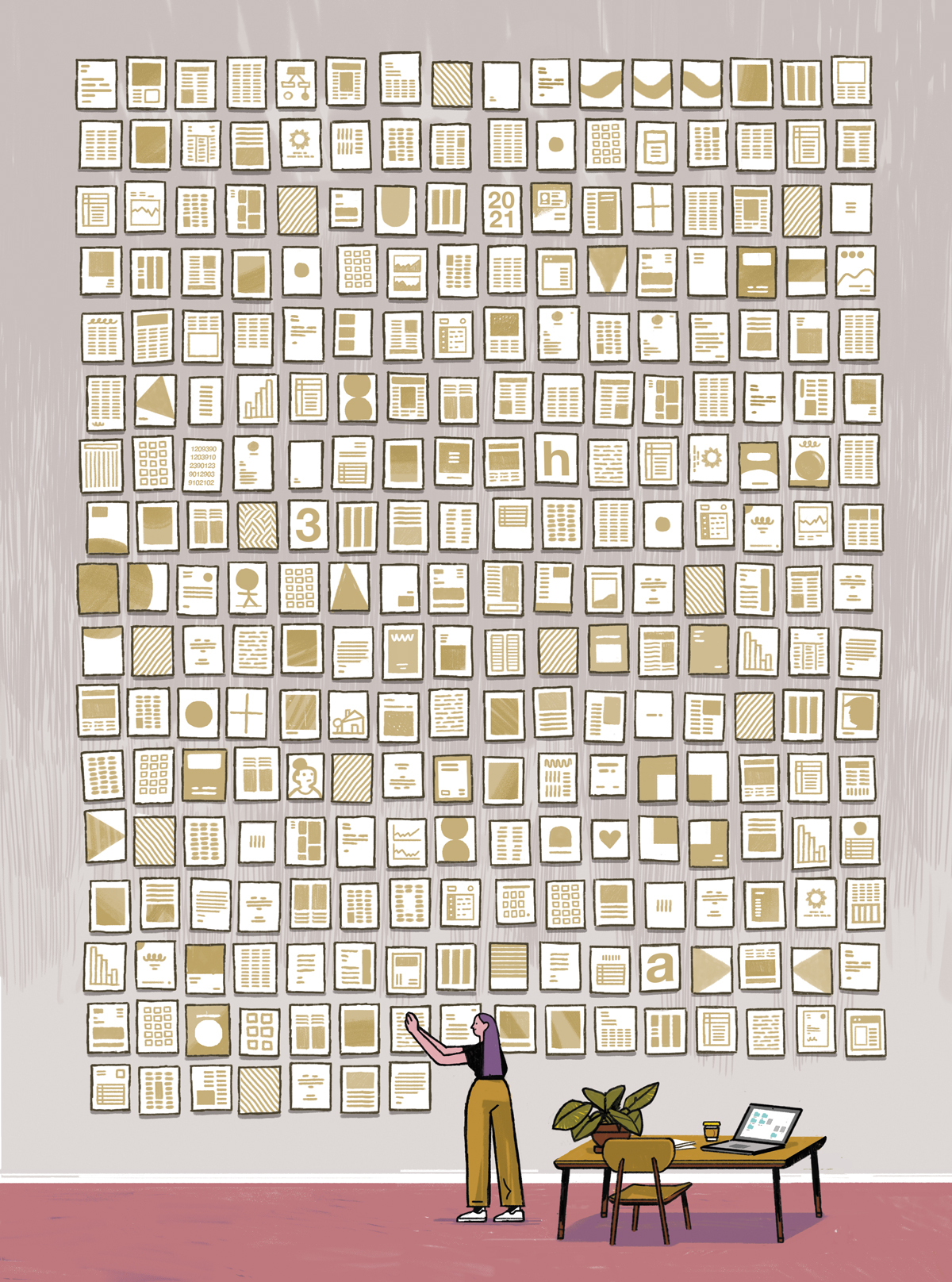
Many media organizations today are directing fewer resources, not more, to fact-checking and research. At The Walrus, we are in the business of uncovering the facts so readers can inform themselves and form better opinions. Through our long-standing editorial fellowship program, fellows at The Walrus are rigorously trained in the art and science of fact-checking, which underpins every published piece. The Walrus is proud to uphold its foundational commitment to its longform journalism, which has a 96 percent trust rating according to Proof Strategies’ CanTrust Index.
In May 2021, Viviane Fairbank’s feature article “After the Facts” explored how the post-truth era of fake news is fuelling a push for greater accuracy. As a former editorial fellow and head of research at The Walrus, Fairbank examined the role of fact-checking in an increasingly polarized society and the need to establish “the dialogue that is required for people to listen and care about facts at all.” Later that month, Fairbank presented her work on this article at our Spring Fling event for our donor community.
HEALTH

Our longform coverage of health care was recognized by several other media outlets this year. The CBC’s Front Burner podcast interviewed Matthew Halliday for “New Brunswick’s Medical Mystery,” and Italy’s Rai Radio 3 featured Lisa Whittington-Hill’s story “OCD Is Not a Joke.” Anne Thériault appeared on The Big Story podcast to discuss her piece “Open Wide and Say ‘Ahhhh!’: Why Our Dental System Still Bites,” and NPR’s Think interviewed Simon Lewsen about his June 2021 cover story “Mapping Mental Illness.” As well, Carine Abouseif’s December 2021 cover story on virtual health care was featured on the Toronto Star’s This Matters podcast.
Danielle Martin and Nadine Caron, who co-authored the 2021 O’Hagan Essay on Public Affairs for The Walrus, delivered a powerful keynote address at the Canadian Medical Association’s Health Summit Series based on their essay. “I had the pleasure to moderate the first session of the #CMAHealthSummit this evening with keynotes from @docdanielle, Nadine Caron as well as @picardonhealth and patient advocate Sudi Barre. Read Dr. Martin and Dr. Caron’s excellent piece in @thewalrus,” tweeted journalist Althia Raj after the event.
In the March/April 2021 issue, a letter to the editor by Canadian Doctors for Medicare physicians Danyaal Raza and Sarah Fraser strengthened the case laid out in the O’Hagan essay:
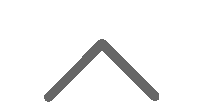
POLITICS
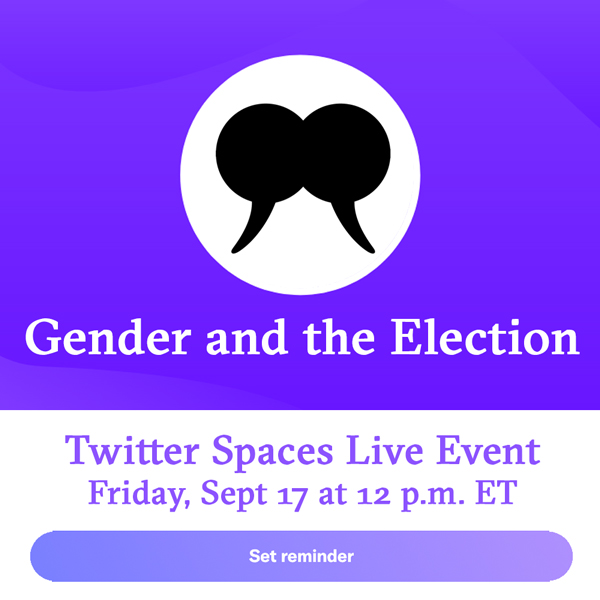
In 2021, as the country continued to battle a global pandemic, Canada held a federal election. The Walrus published journalism related to the electoral campaign and fuelled conversations on reconciliation, immigration, the economy, and other key election issues.
The Walrus was one of the first Canadian media outlets to take part in Twitter Spaces, a new tool launched in 2020 to host live audio conversations. In September 2021, we hosted a politics-related discussion ahead of the federal election about the role of personal image in politicians’ electoral campaigns. We were pleased to welcome Scott Reid, who hosted the conversation along with The Walrus editor-in-chief Jessica Johnson and digital director Angela Misri.
The Walrus is committed to making our journalism as accessible as possible, which is why we are pleased to continue our partnership with Accessible Media Inc. (AMI) to offer our written stories in a different format. Voices of The Walrus, a weekly podcast created by AMI-audio, brings our features, essays, fiction, and poetry to life as audio stories read by professional voices in Canada. The podcast is available on several apps, ensuring that Canada’s conversation is accessible and available to wider audiences.

back to top
SCIENCE AND THE CLIMATE CRISIS
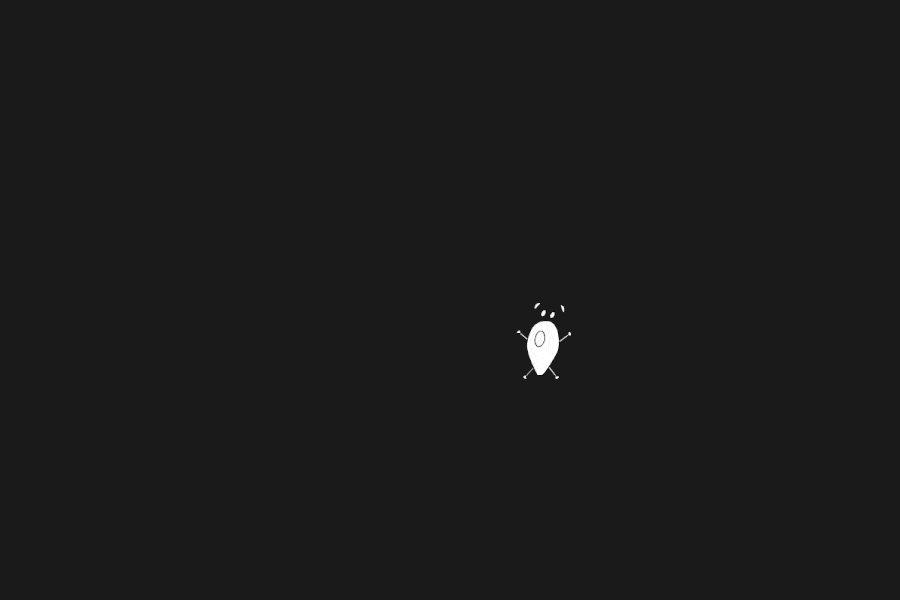
Longform coverage of the climate crisis was one of the most important pillars for The Walrus in 2021. The year saw many countries make new commitments at the COP26 conference in September, as well as the release of reports from the Intergovernmental Panel on Climate Change and the International Energy Agency that emphasized the need for urgent action.
“The Hidden Cost of Rechargeable Batteries” by Caitlin Stall-Paquet followed the development of a lithium-mining area in Quebec and found that even green tech can come with environmental costs. In “Climate Blues,” Britt Wray explored the psychological effects of climate change and how to move from anxiety and shame to mindful acceptance and action. And, in “For the Love of Peat,” Edward Struzik wrote about how long-maligned peatlands are key mitigators of climate change. “Peatlands burble and smell and appear to suck up anything that falls into them—all the while doing quiet work to slow wildfires, temper floods, and store carbon as a humble buffer for a changing world,” Struzik wrote.
Other reported stories tracked changing ecosystems. In “Salmon Sickness,” Max Binks-Collier found that a virus may be partly responsible for declining salmon populations, but the government is taking little action—possibly out of concern for the impact on fisheries.
BUSINESS AND TECHNOLOGY
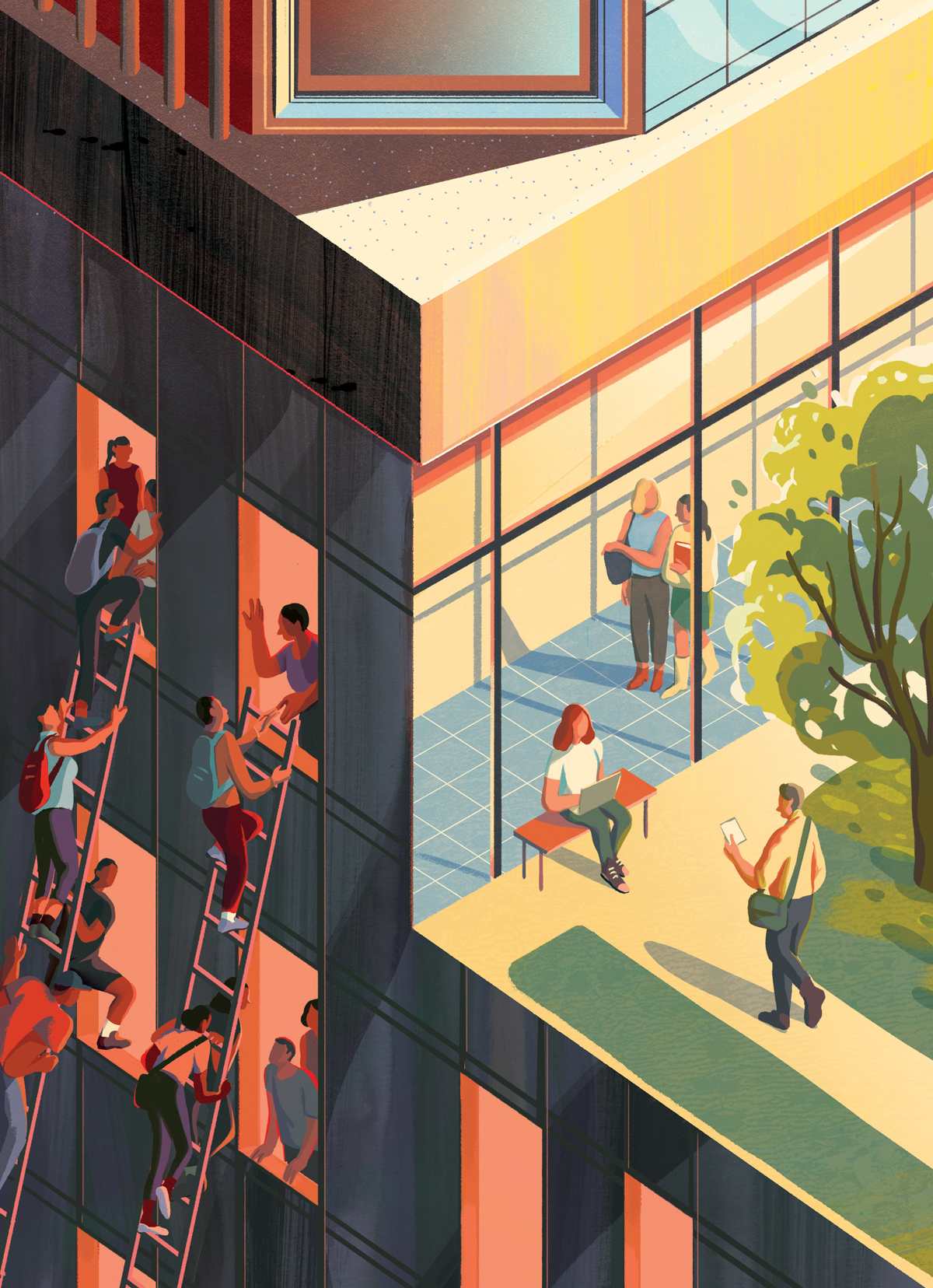
The worlds of technology and business became even more inseparable in 2021. The year saw the power of social networks to continue to drive movements, from the growth of parenting influencers on Instagram to the creation of Gen Z communities on TikTok.
The CBC’s Front Burner interviewed Matthew Remski about his piece “When QAnon Came to Canada.” New Canadian Media featured an excerpt from Nicholas Hune-Brown’s essay “Students for Sale,” which was also featured as one of Longreads’ Top 5 Longreads of the Week in September 2021. Furthermore, Hune-Brown was interviewed by The Big Story podcast and featured on Omni TV.
Timothy Caulfield, Canada Research Chair in health law and policy, was also interviewed by the CBC’s Ottawa Morning prior to his appearance at The Walrus Talks at Home: The Future of Speech Online, in June 2021.

back to top
UP NEXT
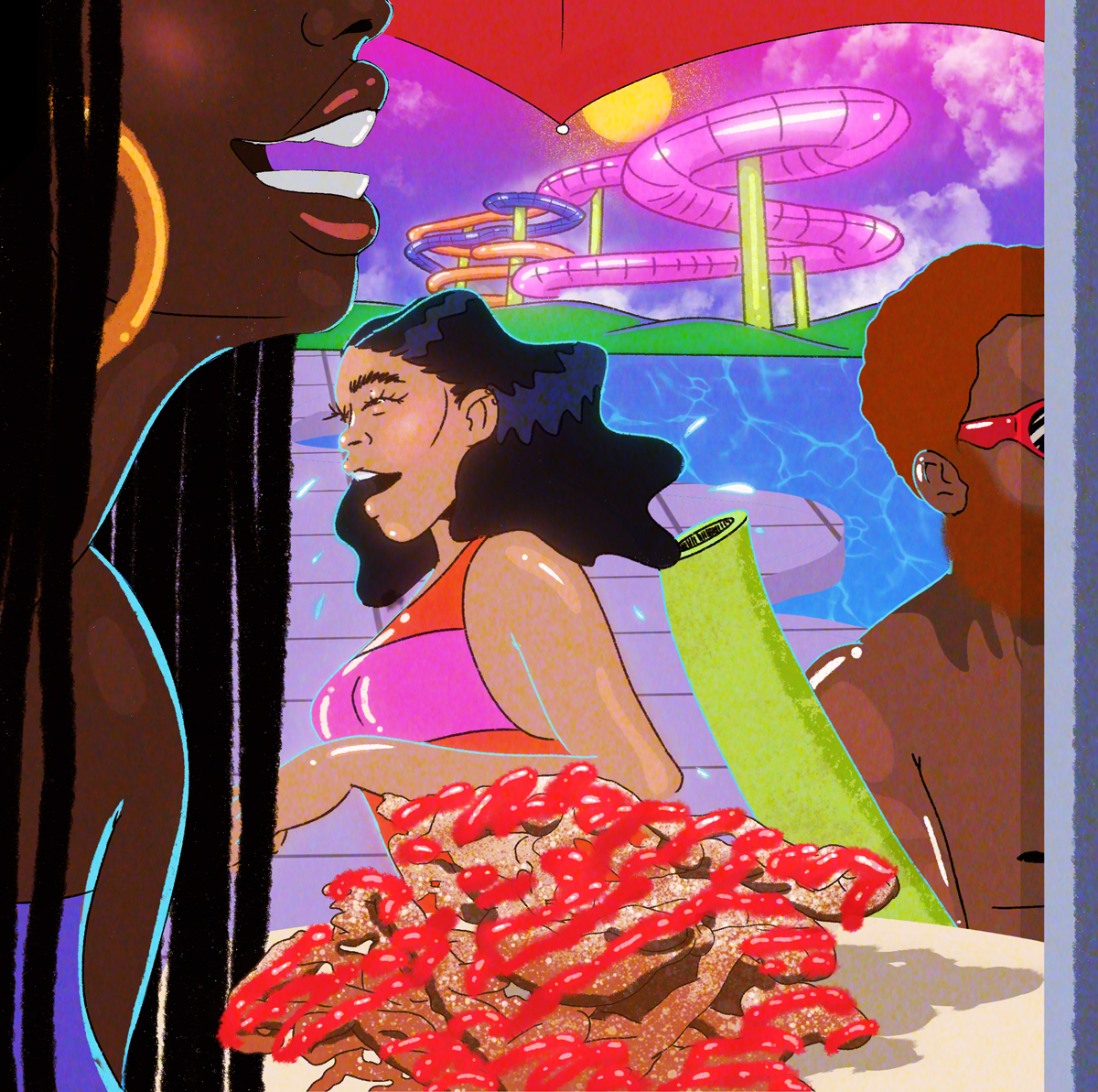
The pandemic has had a massive impact on young people, and in 2021, The Walrus took a fresh look at some of the most important issues of our time through the lens of youth. Young voices are increasingly influential in the public sphere, and we recognize that young Canadians are underserved by the current news landscape and underrepresented by professional media outlets. This is also the demographic that is most likely to turn to social media in search of information.
We were pleased to launch a philanthropic partnership with The Rossy Foundation in 2021 to support an upcoming editorial series for youth by youth, in addition to youth panels and a podcast in 2022.
We launched The Walrus TikTok channel in late 2020 and have continued to post videos in order to broaden our reach to new audiences in their social feeds. As one of the few Canadian publications on the platform, we have enjoyed garnering views on our posts and will continue to expand on this platform. We ended 2021 with a popular post: 13,500 plays on our video feature for “Canadian Authors Pick Their Favourite Books of 2021.”
Issues affecting young people also appeared throughout The Walrus events. In September 2021, The Walrus Leadership Forum: The Great Skills Shift, supported by RBC, explored how we can ensure that the next generation of Indigenous professionals has the skills it needs for success. Speakers at The Walrus Talks at Home: Youth Mental Health, presented by Brain Canada, discussed how to better support young people’s mental health during a time of upheaval. And, in November 2021, The Walrus Talks at Home: Ingenuity, supported by The Rossy Foundation, brought together four youth leaders to showcase creative problem-solving in science, technology, engineering, the arts, and mathematics.

back to top
JUSTICE AND SOCIETY
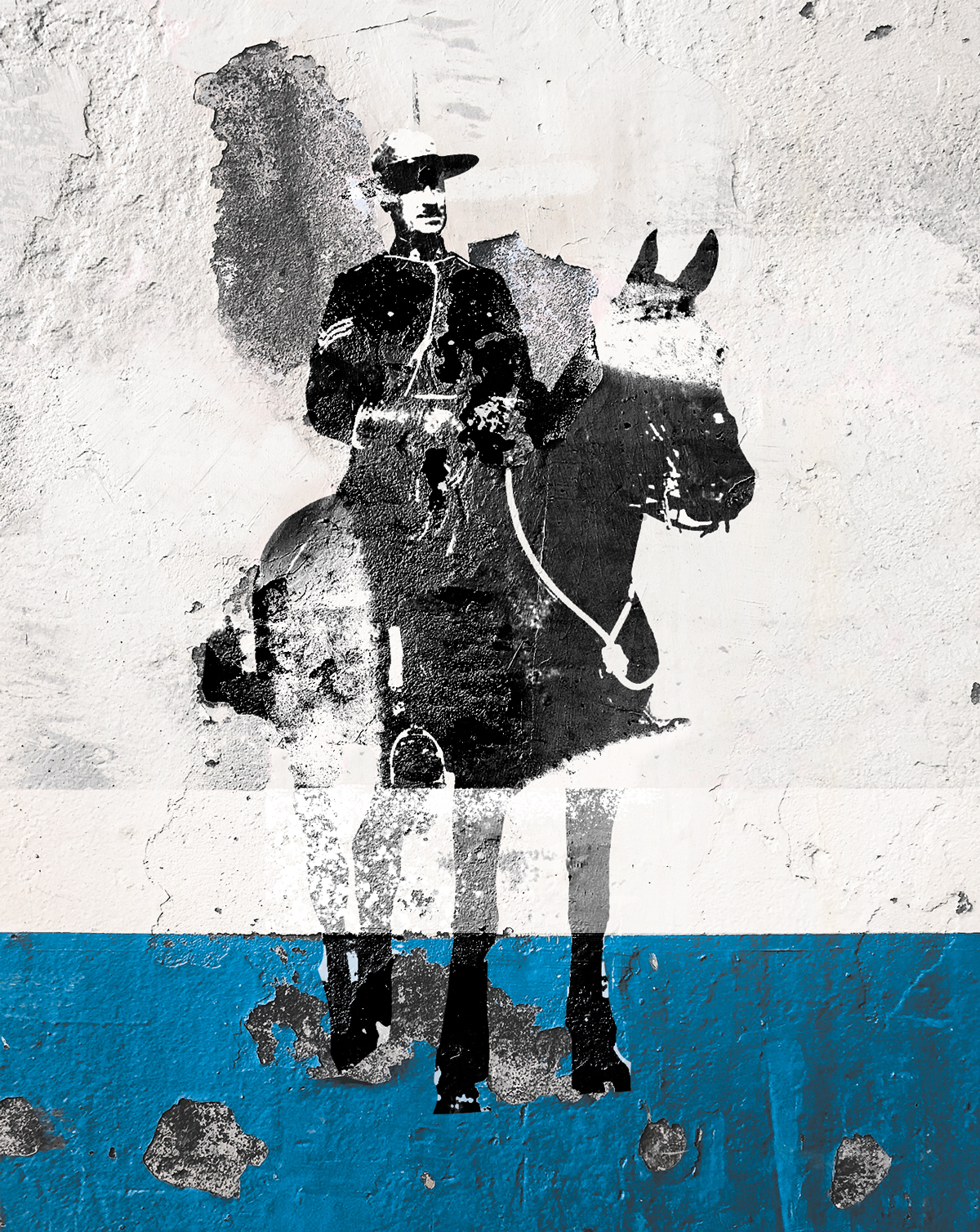
The Walrus explored complex legal, social, and national issues throughout 2021, including the Canadian court system and the history of the Royal Canadian Mounted Police, with a view to supporting greater understanding of the country.
The Walrus Leadership Forum: Strengthening Canadian Journalism was dedicated to “Advancing Representation and Creating a Culture of Equity, Inclusion, and Belonging” and featured voices from Canadian media including Candis Callison, Nana aba Duncan, Arvin Joaquin, Reshmi Nair, and Tara Weber. The virtual event was live streamed to a national audience and subsequently broadcast twice on CPAC—a testament to the broad public-affairs appeal of the topic.
The Big Story podcast interviewed Jane Gerster on her piece “The RCMP Revisited.” Eva Holland’s story “Justice on Trial” was the winner in the magazine category for the Dave Greber Freelance Writing Awards for Canadian reporting on social justice issues. Holland tweeted, “It was in the works for about a year and a half—much gratitude to the @IWMF’s Howard G. Buffett Fund for its support and to @cstarnino and everyone else at Walrus HQ.”

back to top
ARTS AND CULTURE
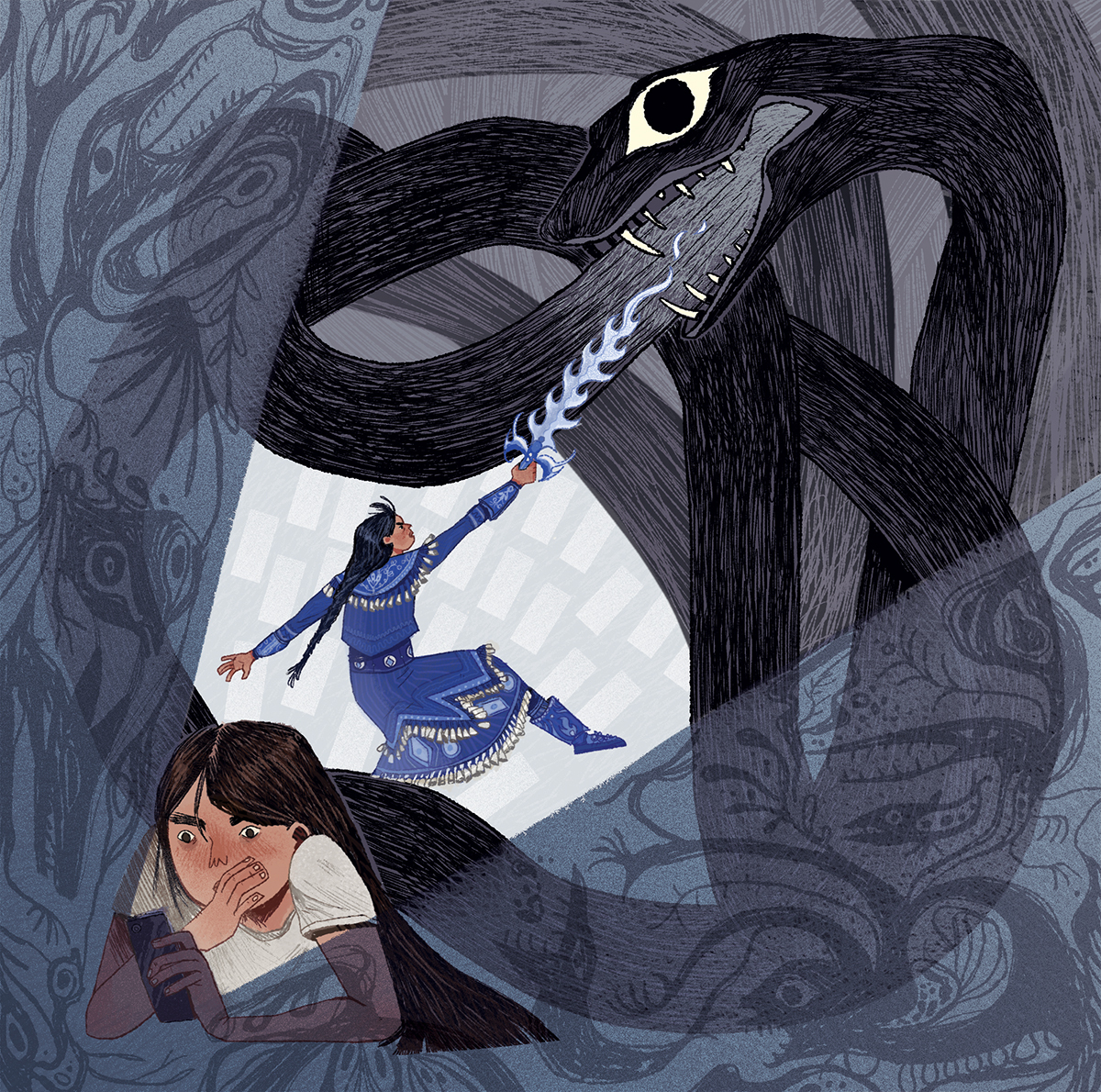
2021 continued to be financially and creatively challenging for many artists, with public spaces on lockdown and limited opportunities to present their work. The Walrus is one of the spaces where audiences could continue to connect with creators on an accessible national platform. We were proud to cover some of our country’s best writers and artists over the year, showcasing their work in Canada and beyond.
Four visual artists shared their hopes for themselves and the world in 2021 in our first print issue of the year: themes such as serenity, justice, home, and activism were reflected in specially commissioned works by blackpowerbarbie, Jonathan Dyck, Dalbert B. Vilarino, and Maya McKibbin. McKibbin, one of many artists showcased thanks to support from the RBC Foundation’s Emerging Artists program, said of their piece on activism:
Mireille Silcoff was interviewed on CBC Radio about her essay “The End of Minimalism.” The piece was also translated into a written and audio version in Hebrew in the Israeli newspaper Calcalist in September.

back to top
LITERATURE AND POETRY
The Walrus continued to publish some of the best Canadian writing and poetry over 2021, delighting readers and providing a wide platform for authors and poets.
“How do you find sweet syrup at the end of the world?” asks the narrator of Randy Boyagoda’s “Little Sanctuary,” a short story set in a country devastated by war. “Giganto” by Charlotte Gill, meanwhile, follows the search for a mythical creature known by various names: almasty, migyhur, meh-teh, dzu-teh. “Around here, the common term is a result of colonial mangling, a bastardization of a word from a Coast Salish language, Sásq’ets, or ‘wild man.’”

Michael LaPointe’s “Private Hands” follows the personal assistant of Harvey Siskind, a wealthy man consumed with building a guitar collection. And Douglas Coupland’s “Three Stories to Make Your Head Feel Different” featured new fiction from his 2021 collection, Binge.
In November 2021, we held a Twitter Space with Coupland, hosted by Jessica Johnson, where he discussed his work and how the pandemic has helped his creativity and took audience questions. The event was a success, with close to 400 listeners joining.

Fellowships and Education
The Walrus Editorial Fellowship Program provides valuable training to early career journalists and editors and is an essential part of our commitment to a fact-based conversation in Canada. 2021 marked a period of reflection and growth in terms of this educational component of our work.
Thank you to all our fellows for their incredible contributions to advancing Canada’s fact-based conversation in 2021:
- Allison Baker (Toronto, ON) and Emily Baron Cadloff (Halifax, NS), Power Corporation of Canada Senior Fellows
- Aaliyah Dasoo (Toronto, ON), The Walrus Editorial Fellow
- Connor Garel (Toronto, ON) and Leila El-Shennawy (Ottawa, ON), Cannonbury Fellows
- Jason Herterich (Toronto, ON), TD Fellow on Disability and Inclusion
- Julia-Simone Rutgers (Winnipeg, MB), Justice Fund Writer in Residence
- Lucy Uprichard (Montreal, QC) and Mashal Butt (Vancouver, BC), Chawkers Fellows
Reach and Impact
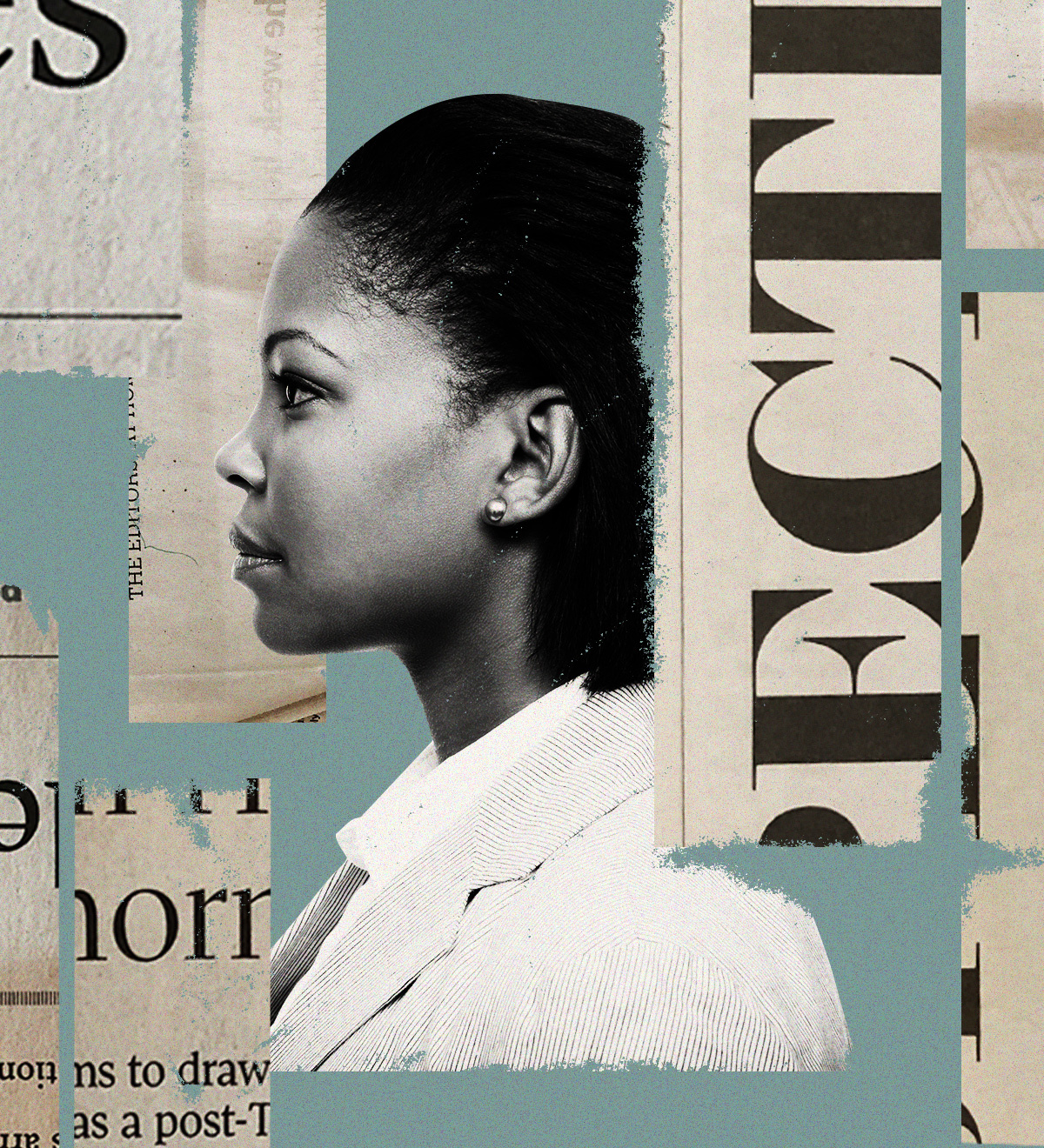
Everything we do at The Walrus is in service to Canada’s conversation. Your support of The Walrus helps us produce great journalism and demonstrate the power of fact-based, thoroughly researched storytelling. Every year, our editorial staff takes part in mentorship and outreach at journalism schools and creative writing programs across the country.
Also in 2021, Pacinthe Mattar, a contributor to The Walrus, was awarded the Martin Wise Goodman Canadian Nieman Fellowship (2022) at Harvard University, where she studied how journalism can better foster, retain, and promote Black, Indigenous, and other racialized journalists. Mattar’s 2020 essay “Objectivity Is a Privilege Afforded to White Journalists” was also discussed in the Guardian’s September 2021 review of On These Grounds, a documentary exploring police violence in schools.
Current and former staff of The Walrus took on educational projects throughout the year. In November 2021, for Holocaust Education Week, Erin Sylvester, the acting managing editor of The Walrus, interviewed New Yorker journalist Andrew Marantz on the topic of misinformation and disinformation and the role of social media platforms in this evolving threat to trustworthy journalism. Also in November, editor-in-chief Jessica Johnson took part in a conversation at the Human Rights Museum on social media and democracy.
In late 2021, Harley Rustad, a features editor at The Walrus, was announced as a mentor for the prestigious 2022 Writer’s Trust Mentorship program. And head of research Allison Baker and former head of research Viviane Fairbank were awarded the Michener L. Richard O’Hagan Fellowship, which will support the creation of a book-length version of The Walrus Fact-Checking Guide. This resource was originally developed by Fairbank and The Walrus to train editorial fellows and freelance fact-checkers; its eventual full-length version will be used to strengthen the art and science of fact-checking in journalism.
The Walrus stories travelled far beyond the pages of the magazine. In 2021, the Japan Copyright Educational Association asked to reprint Teva Harrison’s 2017 essay “How to Find a Four Leaf Clover” in a textbook published by Aichi University, the Canadian Sociological Association organized a panel to highlight Nicholas Hune-Brown’s September/October 2021 cover story “Students for Sale,” the British Columbia Ministry of Education requested to use stories from The Walrus on tests, and the Educational Testing Service asked to use Matthew Halliday’s 2018 investigation “Why Recycling Doesn’t Work” on AP exams.

back to top
Awards and Accolades
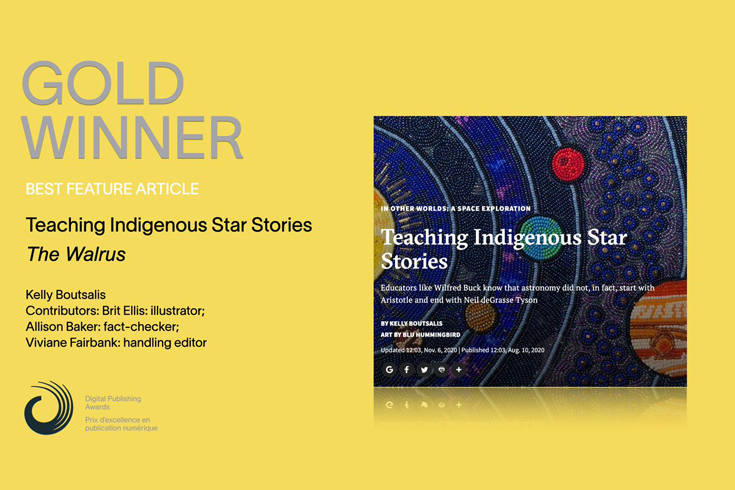 In 2021, we were pleased to receive several awards for our journalism. Each award is recognition of the hard work put in by writers, editors, artists, and fact checkers to create a finished work expressed in the best way possible.
In 2021, we were pleased to receive several awards for our journalism. Each award is recognition of the hard work put in by writers, editors, artists, and fact checkers to create a finished work expressed in the best way possible.
At the sixth annual Digital Publishing Awards, held in June 2021, The Walrus won gold in the Best Feature Article category for Kelly Boutsalis’s “Teaching Indigenous Star Stories,” an inspiring piece about a renaissance in Indigenous astronomy.
On the same night, the forty-fourth National Magazine Awards were held, and The Walrus picked up six awards for journalistic excellence. As a showcase of the breadth of our contributors, we were nominated for twenty-two categories, making us the top finalist at the ceremony.
 Illustration by Hudson Christie
Illustration by Hudson ChristieMax Fawcett won silver for his series on Canada and the economy while gold winners included Best Emerging Writer Sherina Harris for “The Butterfly Effect,” Hudson Christie for his “The Rise of the Roommate” illustration, and Annie Hylton for her heartbreaking story about a family’s search for Mackie Basil, a young Indigenous woman. Pacinthe Mattar and Hadiya Roderique both took home gold for their pieces dissecting racial biases in media and academia, respectively.
The Walrus essays, stories, and poetry were also selected by Biblioasis as part of its annual Best Canadian series. Kevin Patterson’s “Anatomy of a Pandemic” and Stephanie Nolan’s “Invasion of the Ticks” were featured in Best Canadian Essays 2021 while Best Canadian Stories 2021 included Sara O’Leary’s “The Ones We Carry with Us.” And “Essential Tremor” by Barbara Nickel, “The Peace Lily” by Kayla Czaga, “Stick” by M. Travis Lane, and “Thanks for Asking” by Roxanna Bennett were all selected for Best Canadian Poetry 2021.
The Walrus Lab has been managing the Amazon Canada First Novel Award for several years, and 2021’s winner, Michelle Good, also won the Governor General’s Literary Award for fiction. Other The Walrus alumni who were recognized by the Governor General’s awards were Anne Carson for poetry and The Walrus Educational Review Committee member Madhur Anand for memoir.

Celebrating Canada’s Conversation

We kicked off 2021 with a dose of Outrageous Optimism, convening more than 600 attendees from across Canada and the United States for a historic event—our first-ever virtual gala. Guests enjoyed comedy by Ali Hassan, a powerful performance by iskwē, and conversations with Margaret Atwood, Ian Williams, David Frum, and Bif Naked. Streaming live, The Walrus House Band inspired a lockdown dance off with covers of Whitney Houston, Pharrell Williams, and more—injecting some much-needed soul into a dark, wintry Wednesday evening. Supporters across the country joined in a toast to Canadian journalism at the online VIP reception and after-party, with sponsors receiving an at-home catered box of goodies by Daniel et Daniel. It was an evening to remember.
With social-gathering limitations in place throughout much of the year, we remained in touch with our supporters through two virtual celebrations of journalism and literature. Our Spring Fling, held in May, brought together our closest friends and supporters to hear from Viviane Fairbank, author of “After the Facts,” in conversation with The Walrus features editor Carine Abouseif. Attendees also heard from art director Paul Kim and 2021 Cannonbury Fellow Connor Garel on some of the arts features and photo essays we published.
In December, we invited author, artist, and poet John Elizabeth Stintzi to give a reading from their novel Vanishing Monuments, which was nominated for the Amazon Canada First Novel Award earlier in the year. Friends and donors joined us on screen to hear Stintzi in conversation with Garel on how art plays an important role in self-care during the pandemic.

back to top
The Walrus Lab
The Walrus Lab is the client-services division of The Walrus, specializing in strategic content creation for brands in digital, print, podcasts, and event platforms.
Podcast production is becoming a major strength of The Walrus Lab. We began 2020 with one client-branded podcast produced out of The Walrus Lab. We finished 2021 with six podcasts produced for various clients.
The Walrus Lab’s biggest project continues to be the Amazon Canada First Novel Award, a book prize for emerging Canadian novelists and youth writers. The Walrus Lab put on its first-ever virtual ceremony in front of a live audience on May 27, 2021. Close to 200 people were in attendance as the Amazon Canada First Novel Award of $60,000 was awarded to Michelle Good for her debut novel, Five Little Indians, and the Youth Short Story Prize went to Rama Altaleb for “Lost Childhood.”
In November, The Walrus Lab organized a virtual event for the YMCA of Greater Toronto Area. Igniting Potential in Our Communities was hosted by YMCA of GTA president and CEO Medhat Mahdy and moderated by Ismaila Alfa, host of the CBC’s Metro Morning. Additional speakers included Katie German, director of advocacy and programs at FoodShare; Mohamad Fakih, president and CEO of Paramount Fine Foods; and Courtney M. Charles, vice president of basketball and franchise operations at Raptors 905.
Michelle Good’s Five Little Indians, 2021’s Amazon Canada First Novel Award winner, was optioned by Prospero Pictures to be adapted into a television series. Good previously won the Governor General’s Literary Award for fiction in 2020.
Thank You
The Walrus stands strong thanks to the support of visionary philanthropists and annual donors. In 2021, close to 2,500 individuals, foundations, and corporations stood behind the trustworthy Canadian reporting produced by The Walrus. We thank our supporters and partners whose commitments help us sustain Canada’s conversation on the most pressing issues of our time.
Please click here for our 2021 donor listing.
With thanks to all those who served on our Board of Directors in 2021:
Jodi Butts, Chair
Shari Austin, Vice Chair
Chima Nkemdirim, Vice Chair
Gillian Smith, Vice Chair
Ian Alexander
Stephen Atkinson
Bruce Bennett
Diane Blake
Shakir Chambers
Clint Davis
Ira Gluskin
Elizabeth Gomery
Alyssa Hussein
Åsa Kachan
Claire Lanctot
Janelle Lassonde
Zai Mamdani
Roxanne McCaig
Scott Mullin
With thanks to our National Advisory Council members for their friendship and expertise over 2021:
Zahra Al-Harazi
Shelley Ambrose
Charlie Angelakos
Maxine Bailey
Bruce Bennett
Helen Burstyn
Cameron Charlebois
Paul Cohen
Heather Conway
Clint Davis
Michael Decter
John Delacourt
Rupert Duchesne
Martha Durdin
William Fox
Roger Garland
Emmanuelle Gattuso
John Geiger
Marina Glogovac
Blake Goldring
Francesca Grosso
David Harrison
Dr. Eric Jackman
Tom Jackson
Roberta Jamieson
Donald K. Johnson
Mark Kingwell
Chethan Lakshman
Gerald Lazare
D’Arcy Levesque
James Little
Louise MacCallum
Hugh MacKinnon
Bruce MacLellan
Robin McLay
Anna Porter
Julian Porter
Justin Poy
Karen Prentice
Irfhan Rawji
Gretchen Ross
Pierre Santoni
Niigaanwewidam James Sinclair
Lee Smolin
Helga Stephenson
Mira Sucharov
Anne Sutherland
Vince Timpano
John Tory Jr.
Aritha van Herk
2021 Educational Review Committee
Ian Alexander, Chair
Mark Migotti, Vice-Chair
Madhur Anand
Benjamin Berger
Randy Boyagoda
Lea Caragata
Nadine Caron
David Cramb
Stephen Kimber
Logan MacDonald
Fenwick McKelvey
Tokunbo Ojo
Zoe Todd
Leadership Team
Jennifer Hollett, Executive Director
Jessica Johnson, Editor-in-Chief
Karl Percy, Chief Financial Officer
Tracie Jones, Director of Sponsorships and Partnerships
Mihira Lakshman, Director of The Walrus Lab
Laura Lavie, Development Director
Bryan Maloney, Director of Audience Engagement
Angela Misri, Digital Director
Monita Mohan, Marketing Manager
Maria Musikka, Production Director
To download and read the complete 2021 Year in Review, click here.
—
Opening images, from left to right: Jorian Charlton, Holly Stapleton, Brendan George Ko, and Chloë Ellingson


